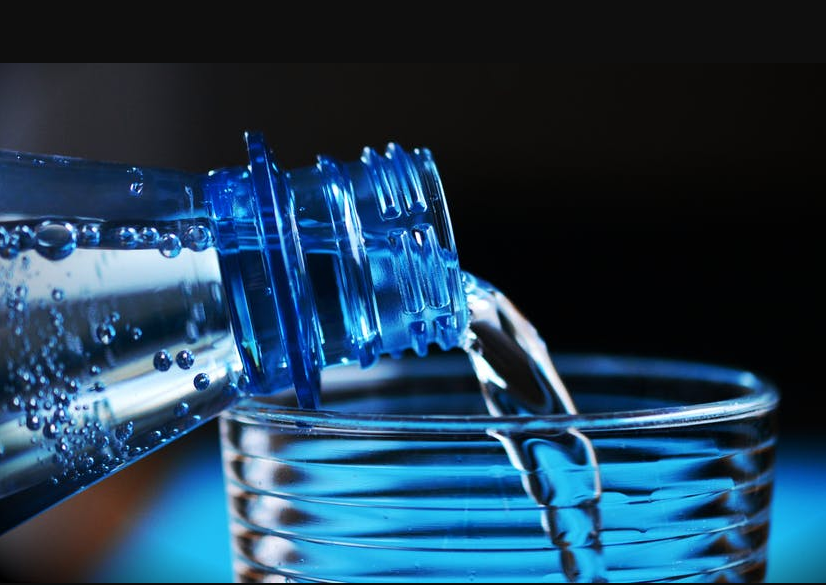The average American spends over $100 per year on bottled water. Larger families with three or more children spend close to $500 per year on bottled water alone. But is it worth it?
As you might already know, bottled water is considered safer than tap water. Unfortunately, that’s not necessarily true. Many times, manufacturers use misleading or deceptive labels to trick customers into buying more.
So, what’s the truth about tap vs. bottled water? Is tap water really that bad? Let’s find out!
What’s the Problem with Tap Water?
Depending on its source and location, tap water may contain bacteria, heavy metals, and chemicals. The Water Quality Association mentions more than 80 contaminants, including:
- Bacteria and viruses
- Ammonia
- Chromium
- Uranium
- Nitrates
- Nitrites
- Arsenic
Tap water can also be contaminated with pesticides, solvents, and other chemicals. These substances carry health hazards and have both immediate and long-term effects.
Arsenic, for example, comes from industrial plants, pesticides, or natural deposits. Over time, it may contribute to hormonal disorders, heart disease, and cancer. It’s extremely toxic even when ingested in small amounts.
The bacteria and viruses in tap water may trigger infectious diseases. They’re particularly harmful for people with weak immune systems. Some can affect the liver, kidneys, and reproductive system.
Is Bottled Water Safer?
Considering these risks, you might be thinking that it’s worth spending extra on bottled water. Unfortunately, nothing could be further from the truth.
Bottled water is generally safer than tap water, but it may still contain microplastics and other contaminants. Plus, it pollutes the environment.
In one study, researchers tested 259 bottled water products from top brands. A staggering 93% contained microplastics. These contaminants may lead to inflammation and affect your hormone levels.
Most times, clean tap water and bottled water taste the same. Bottled water, however, is often marketed as a miracle product. Manufacturers say that it can detoxify and energize the body, leading to better health.
The truth is, current evidence doesn’t support these claims. For example, there’s no proof that alkaline water can improve digestion or bone health.
Tap vs. Bottled Water
Tap water that comes from a municipal source is often safer than bottled water, as it’s tested more frequently. Plus, it’s cheaper and more convenient. Well water, on the other hand, carries a higher risk of contamination than bottled water.
Note that bottled water products often contain filtered tap water. There’s nothing magic about them. You can just as well install a water filter yourself and save thousands of dollars in the long run.
The Berkey Fluoride Filter, for instance, removes heavy metals from tap water. It’s also effective against mercury, chlorine, and other potentially harmful chemicals. If you’re wondering, “Does Berkey remove fluoride,” the answer is yes.
All in all, choosing between tap and bottled water is a matter of personal preference. Generally, clean tap water is safer and more affordable than its bottled counterpart. On top of that, it doesn’t affect the environment.
Make an Informed Decision
Now that you know more about tap vs. bottled water, go ahead and make a choice. While it’s important to prioritize your health, there’s no evidence that bottled water is worth the price.
Interested to find out more? Browse the rest of our blog to learn about water filtration systems, CBD-infused water, and other related topics!

